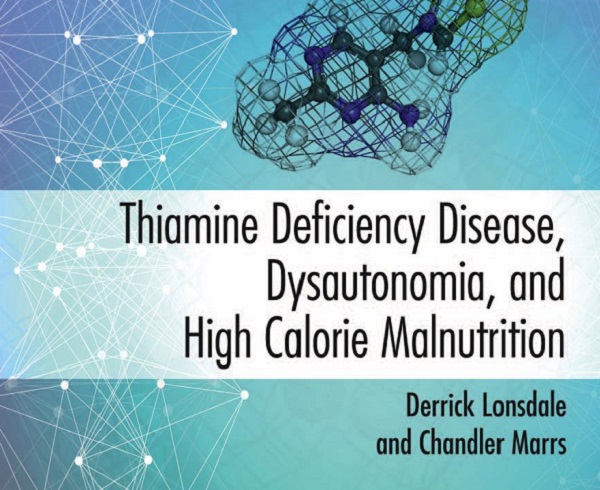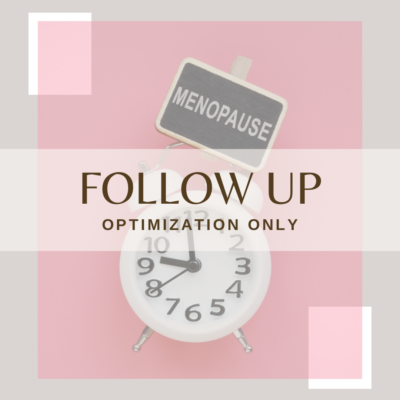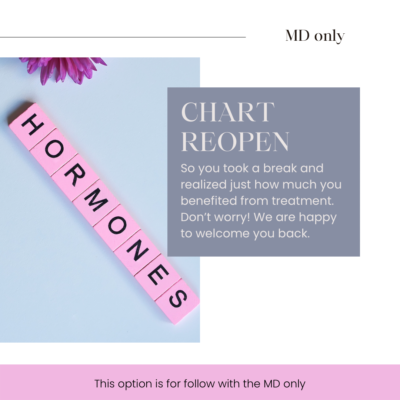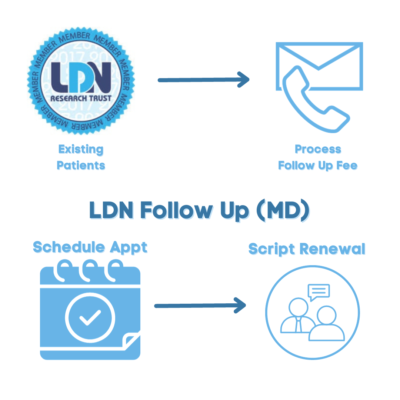There is a lot of buzz about B complex, or more specifically about B12 (to methylate or not to methylate). We don’t really hear much talk about Benfotiamine, the more bioavailable form of Thiamine (B1).
Please note that the clinical application of vitamins isn't as simple as heading to the health food store and grabbing an all in one.
There are not many studies on B1, but the ones that are out there are quite encouraging when working with chronic conditions. For example; studies on those with Fibromyalgia showed complete regression of fatigue in 90% of patients.
What also grabbed my attention was its use in my Carnivore/Low Oxalate community. Combined with some interesting results being seen for recovery from the dreaded C word (think plague, pandemic, virus…), I gotta say it’s a great addition to pretty much any regime. Now I’m not saying this is a cure all, but it does seem to bring a little pep back into the step of those recovering from the aforementioned (or eluded too).
B vitamins are energy boosters but this one in particular really seems to have an affinity for the get up and go
We eat food, our cells take what they need and convert it to energy. Clearly it’s more complicated than that (your digestion needs to be on point my friends), but you get the idea. Each of the stages of digestion and conversion needs to be looked at. We need to understand that in order to get the benefit of the macronutrients (such as energy) we need micronutrients (vitamins, minerals etc). One of the reasons I test my patients micronutrient status is so I get a complete snapshot of what they may need and how it may be contributing (or lack of) to other health issues.
If every vitamin has a role – what is the role of B1 and why isn’t anyone talking about it?
We need it for energy production from fats and proteins (although that is to a lesser degree).
We need it to break down carbs (initial phases), which I have seen on occasion in genetic panels to be a pathway that is broken and therefore we need to address that part as well. It can be part of why some of us digest carbs better than others and why for others it’s a nightmare. Notice I said PART… it’s not a one size fits all answer.
We need it for phases of glucose metabolism. Here’s the kicker though, we need the micronutrient support to make it all happen. Since we are a society who LOVES sugar and carbs, we are sort of doing all of this backwards. Let me explain; The Amount of energy we have coming INTO the cell is MORE than the total amount of micronutrients needed to use that energy – meaning we eat to much crap and end up depleting the nutrients needed to use those things for energy. We need Thiamin(e) to burn sugar, but sugar depletes our thiamin(e)… How much sugar are you eating? How many glasses of wine (tannins) or alcohol in general or cups of coffee are you having in a day or a week? They all inhibit the absorption of Thiamine (in our gut) as do some medications.
As a Carnivore woman I don’t consume much in the way of refined sugar or eat carbs, but I do like a nice craft beer or glass of wine during the week. So I like to ddd some of this in when I feel a little lethargic or sluggish. I don’t add it in the form of a complex, I take it solo. Yes I know all B vitamins work as a team, but I like to target individual nutrients short term to get a kickstart (I also pay attention to their cofactors/enzyme processes and precursors).
So if I’m pretty strict carnivore, no alcohol, no coffee…. why should I care? Well maybe you don’t need to. But being aware of symptoms and not knowing how to connect the dots is where many of us fail. Let me know if you try adding this in and if you noticed a difference.
What else is so important about Thiamine other than energy?
It’s important for our nervous system, production of neurotransmitters (acetylcholine), ATP production, the maintenance of the myelin sheath in the brain. This has to do with the vagus nerve which is directly related to the parasympathetic nervous system – I’ve discussed that last point in previous blog posts. I’ve also discussed how we need to be in a state of rest and digest when we eat or we will damage our gut, we also won’t utilize the nutrients we are consuming (back to that tiger chasing us analogy).
I’ll do a part two in a separate blog post (linked here) if you want to read up in more detail on why Thiamine is so important to our brain. Want to grab my go to brand? CLICK HERE
Want to do some of your own reading on the topic? I strongly recommend this book by Lonsdale D, and Marrs C, available on Amazon books. It is published by Elsevier. Written particularly for physicians and clinicians like myself who are practicing in the field of Integrative Medicine, however if you can get past the high price tag I have found it to be a useful tool for those affected by chronic disease.







